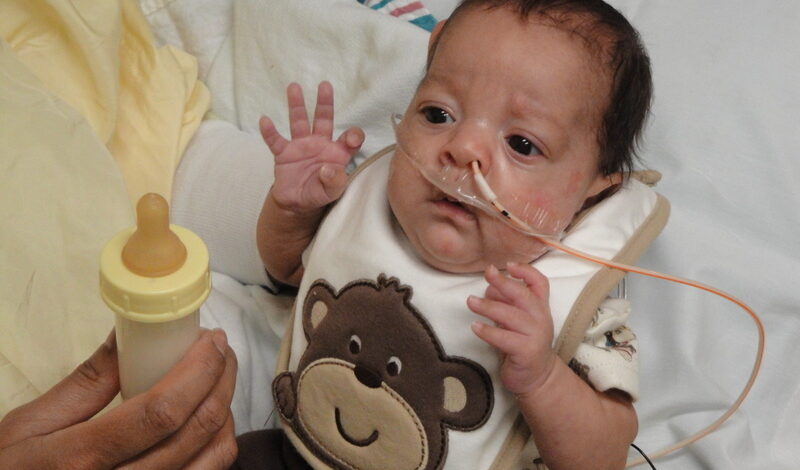Provisions that Will Afford Immediate Improvement for Health Care
The American Nurses Association for many years has been trying to get congress to pass a law affording health insurance for their nurses and everyone else. When Congress passed the Affordable Care Act, more commonly known as Obamacare, they felt they had won the battle. People in all walks of life were able to maintain health insurance based on what they could afford to pay and there was no longer the stigma of preexisting medical conditions denying coverage for anyone (American Nurses Association, n.d.).
Provisions that Will Fail to Address Deficiencies and Access
On the surface it appears that Obamacare would be a great service for premature babies that will require preventative treatment for a condition known as RSV (Respiratory Syncytial Virus). The problem is that most recently the American Academy of Pediatrics lowered the amount of time that a premature baby can receive treatment for prevention of RSV. Initially it was given to the babies under 2 yrs of age every month for a total of 5 months to get them through the season. Due to the recommendations that the Obamacare made, this was drastically reduced to one every month for 3 months and some babies will only receive 1 dose. This was due to the cost of this preventative treatment (Ertelt, 2013).
Challenges that affect Implementation of the Affordable Care Act
The most challenging aspect of implementing the Affordable Care Act in the United States is cost. The insurance is based on a sliding scale and some folks may pay something and others do no pay anything. The problem with this is the type of service that the patient receives. If the patient does not have good insurance, they will be discharged sooner than later from the hospital.
Ethical Issues that Arise as a Result of Affordable Care Act
The ethical issues that will come up are always the issues of saving a life. When the Affordable Care Act was signed in to law, it was noted that Americans would not be paying for plans that paid for abortions. Yet it was discovered that it was documented in the plan that this would be covered. Through lobbyists this was changed and if a person would like that part added to their policy, the client will pay 1.00 or so more per month to have that coverage added.
In the state of Florida people can have late term abortions up through 24 weeks. Institutions or private physicians can refuse to do these abortions without any penalty. According to statistics, Planned Parenthood received $528 million dollars in federal funding in 2013 (Ertlet, 2014). It is unclear as to how much is being donated to preterm births. In conclusion, maintaining a baby in the NICU is far more costly than providing what society calls today a simple abortion. The costs of a NICU stay can be anywhere in the $2 million dollar range alone in the hospital, this does not include the cost after the infant is home for medications, homecare, therapy, doctor’s appointments with specialists and any other needs for equipment that the baby may have. The cost of an abortion depending on the stage that the pregnancy is at can range from $300 to obtain the abortion pill, which also in some locations is administered free early on to an estimated cost of $2050 for later term abortions (All Women’s Clinic, n.d.).
References
All Women’s Clinic. (n.d.). http://allwomensclinic.com/fees.html
American Nurses Association. (n.d.). http://www.nursingworld.org/healthcarereform
Ertelt, S. (2013). Death panels for babies in Obamacare: Kids with RSV should beware. Retrieved from http://www.lifenews.com/2013/04/11/death-panels-for-babies-in-obamacare-kids-with-rsv-should-beware/
Ertlet, S. (2014). GAO report confirms Obama lied: 1,036 Obama care plans pay for abortions. Retrieved from http://www.lifenews.com/2014/09/16/gao-report-confirms-obama-lied-1036-obamacare-plans-pay-for-abortions/
Follow Rosie Moore https://www.facebook.com/rosiesnursecorner/














